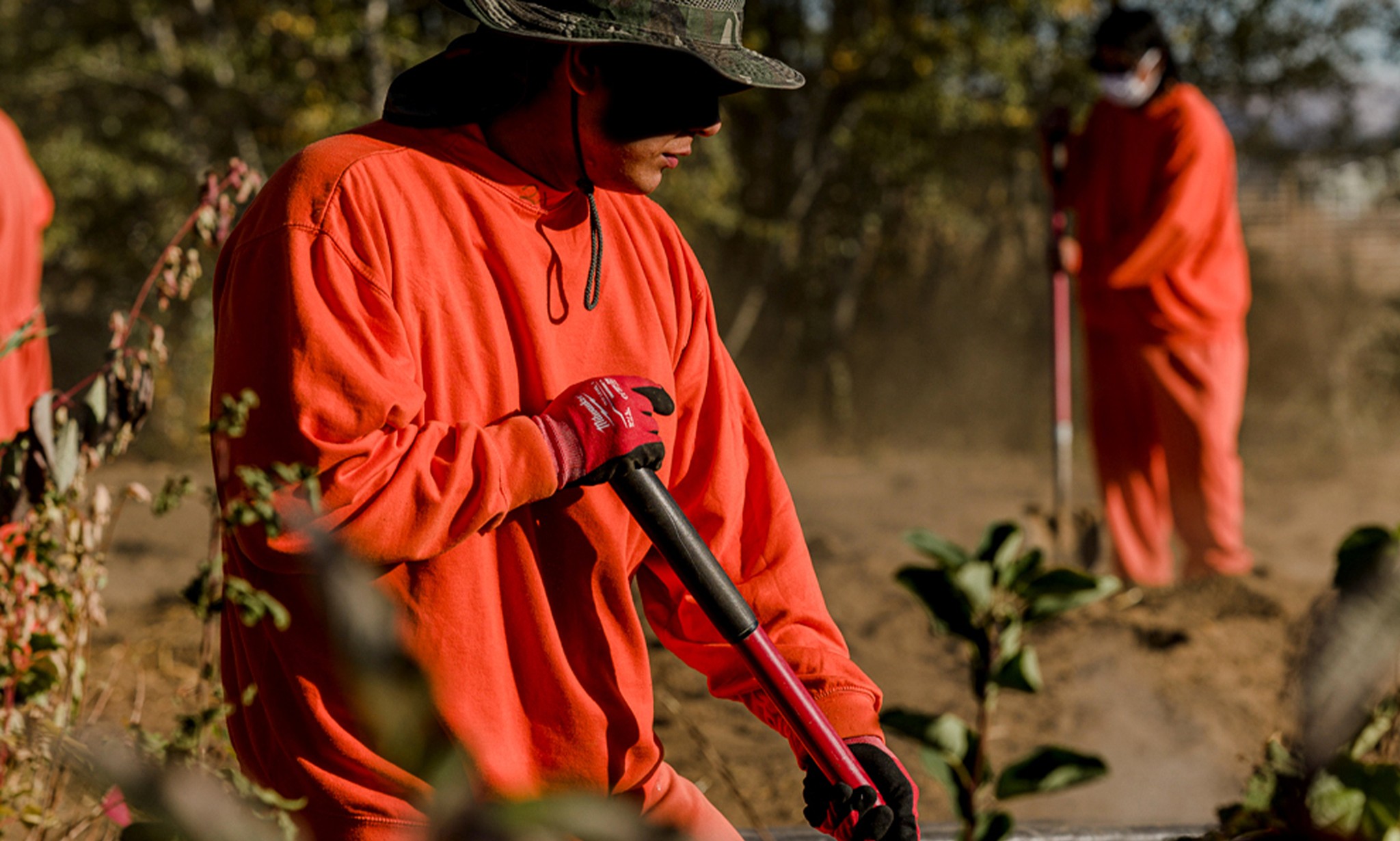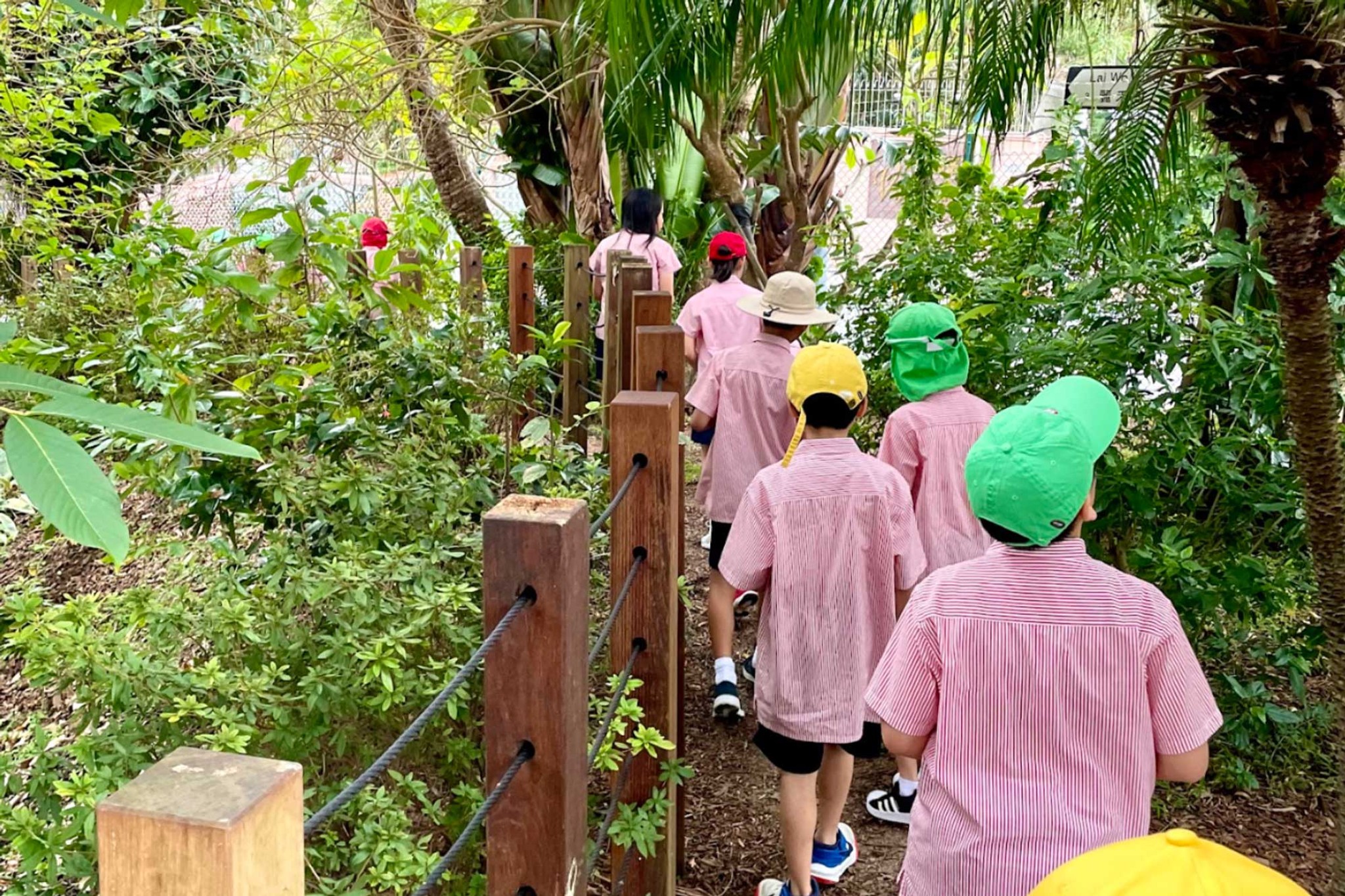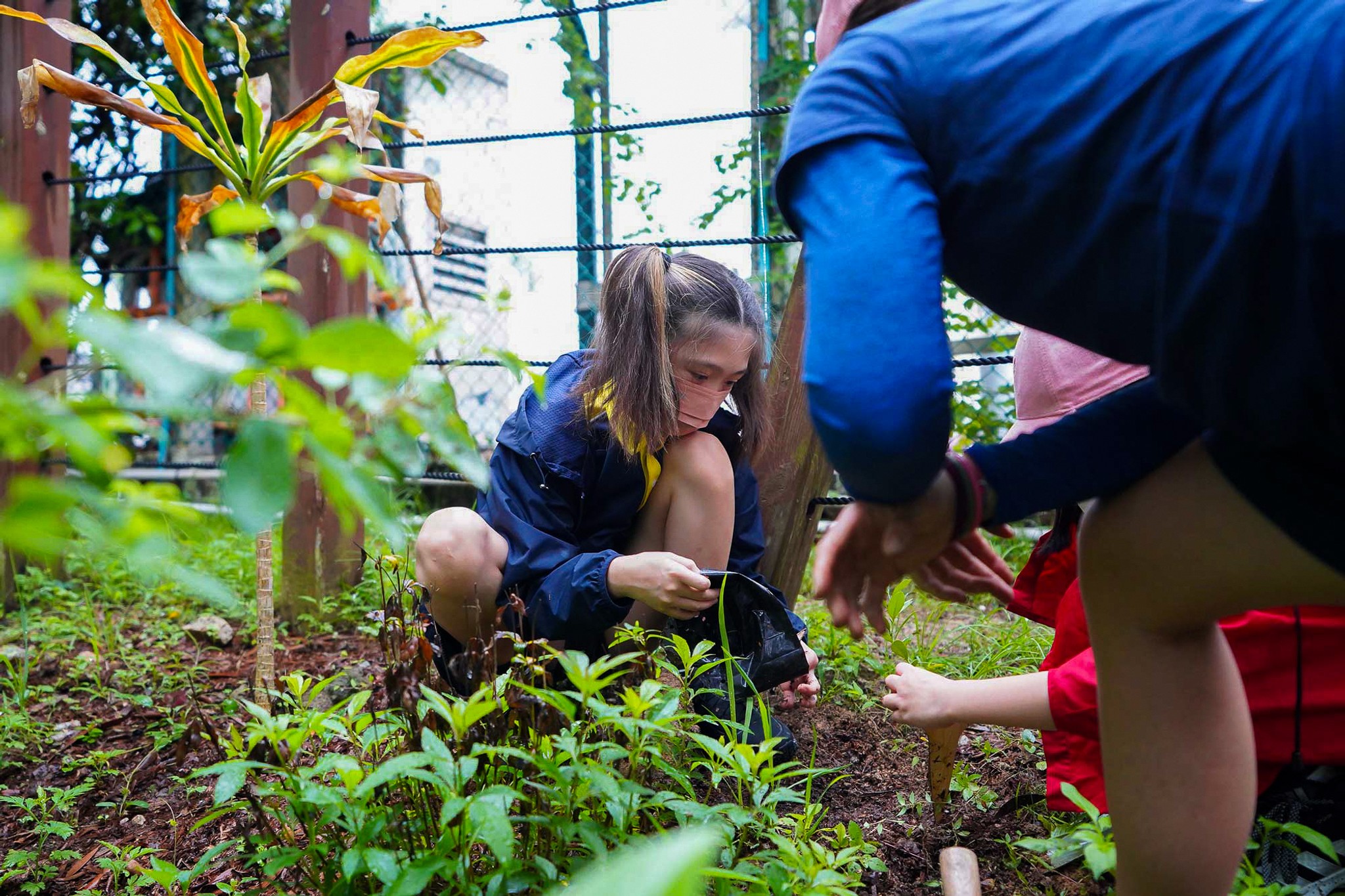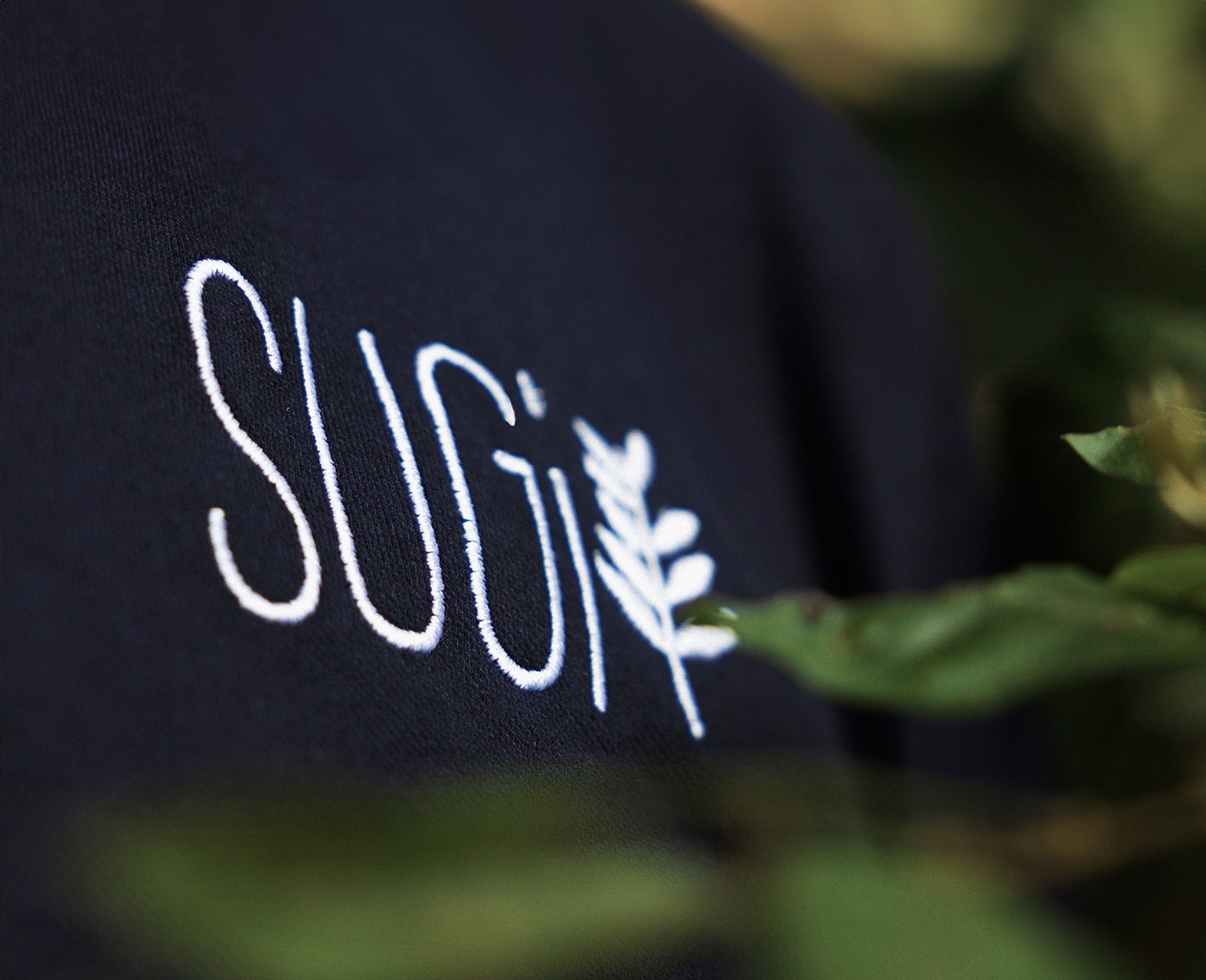
Investing in Nature Solutions with Tiger Global Impact Ventures
0
Forests
0
Trees
0
Square Meters
0
Native Species
Tiger Global Impact Ventures, the philanthropic arm of the investment firm Tiger Global, is partnering with SUGi to further their social impact goals. They’re investing in biodiversity restoration, climate resilience, and community connections in Hong Kong, India, the Yakama Nation, and Brazil with the creation of wild, diverse pocket forests.
We’re thrilled to have such committed support as we continue our efforts to restore the web of life around the world.

Healing Forest
The Healing Forest in Washington will cultivate an abundant resource for the Yakama Nation by transforming a barren landscape into a thriving, lush forest at the Yakama Nation Corrections & Rehabilitation Facility. The goal is to nourish the land and restore the lives of the inhabitants. Although there are only ten inches (25 cm) of annual rainfall, there is the potential to create a native tree forest of these grounds. The Healing Forest will teach the wisdom of the old ways, in which individuals live in balance with themselves, their neighbors, and the natural world.



Ambedkar Legacy Forest
Ambedkar Forest, located on the grounds of Dr. Ambedkar College of Law, is a project designed to embody the values and legacy of Dr. Babasaheb Ambedkar - the Father of the Indian Constitution - who fought for equality and social justice. Opened in 1968, the law school has spearheaded legal education in Aurangabad for over fifty years.
The land, once a degraded forest, is transforming into a safe haven in which biodiversity can flourish. In amongst the forest, paths and seating areas offer students a place to socialise, relax and soak up the benefits of Nature.
The forest is also accessible to the local community in Aurangabad, thereby manifesting Dr Ambedkar’s values into the physical environment of the area. Just as Dr Ambedkar’s work as a reformer had a profound effect on modern India, it is hoped that Ambedkar Forest will also set an example for future environmental restoration across the country.



Sha Tin Junior School
Sha Tin Junior School has been slowly improving an abandoned slope next to their school building. Previously, there were only a few old trees surrounded by low-quality soil where nothing else could grow.
But by adding compost over the last 3 years, some grasses and weeds have started to return, and the school’s Sustainability Teacher has started planting many different plants in the area. The pocket forest even includes a butterfly zone alongside a small patch of land left to ‘rewild’ on its own.



Sukhad Aranya
Sukhad Aranya is a second phase of forest restoration on the site of Maruvan that will continue the ambitious restoration of India’s lost desert forests, whilst also being dedicated to cultivating an inner sense of peace and wellbeing. The Sanskrit name, Sukhad Aranya, means a forest that creates a happy and blissful mental state.
These desert forest ecosystems primarily consist of shrubs, giving them a very distinct appearance, feel and approach to restoring biodiversity. At the same time, with fewer tree species these forests subvert perceptions of traditional reforestation but are crucial in bringing diversity back to denuded land.



Atlantic Forest Classrooms
São Paulo faces significant challenges from climate change, including prolonged heat waves, droughts, and flooding that impact human and environmental health. The Atlantic Forest, once covering much of Brazil’s coast, has been reduced by 90%, leaving many plant species endangered. To address this, we have planted pocket forests in five state schools across densely populated low-income areas of the city of São Paulo, that are in desperate need of more green spaces. This project is part of an educational programme to create outdoor classrooms that engage students, aged 7 to 17, along with the broader school communities. Over two semesters, student groups rotated through the programme, with each group of students going through six hands-on classes held in each forest, ensuring that every student could experience, plant and learn from the forest.





